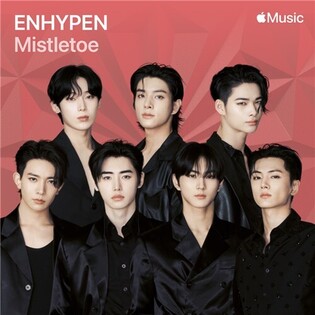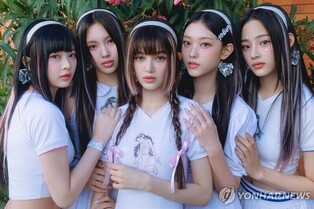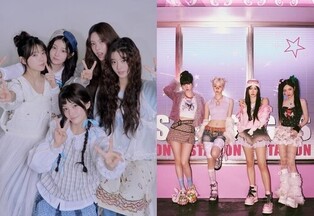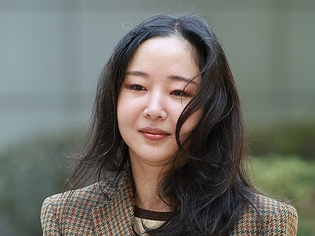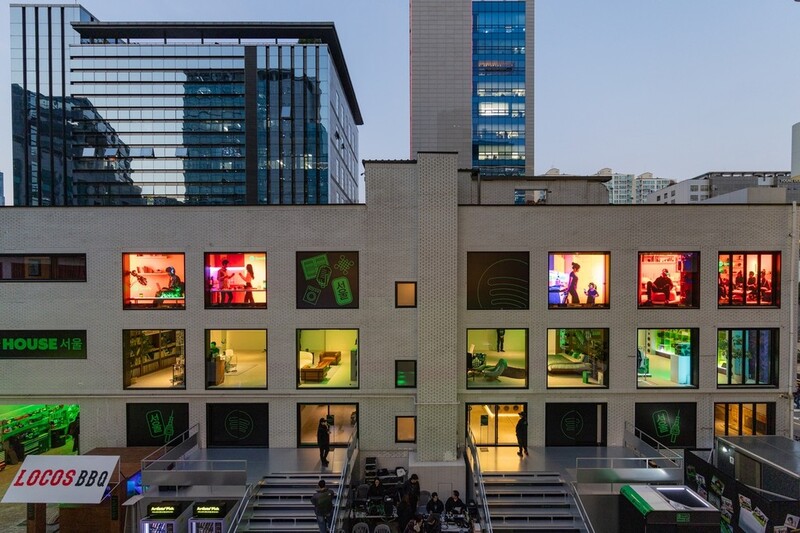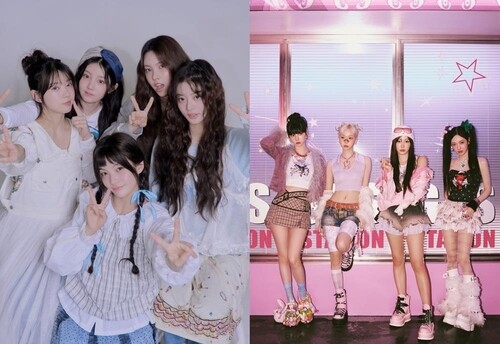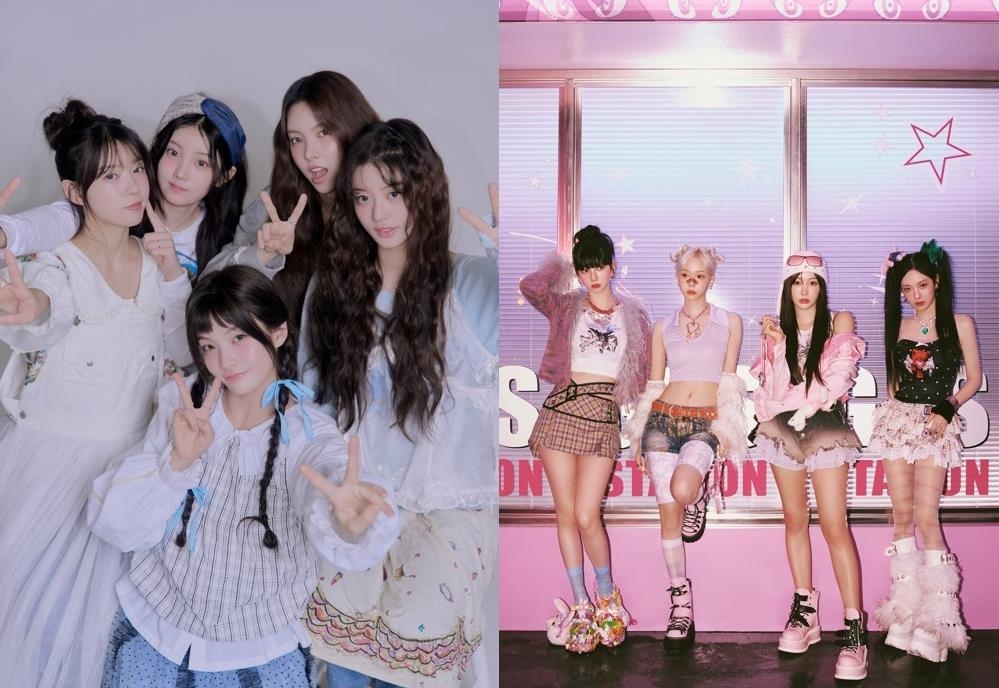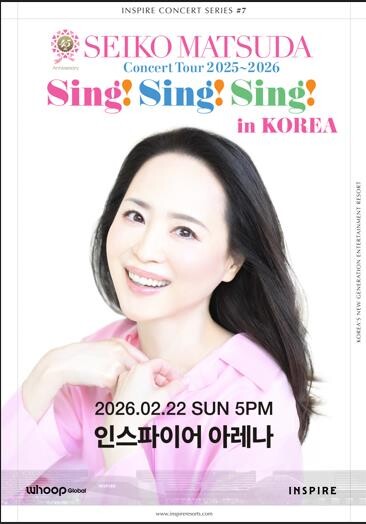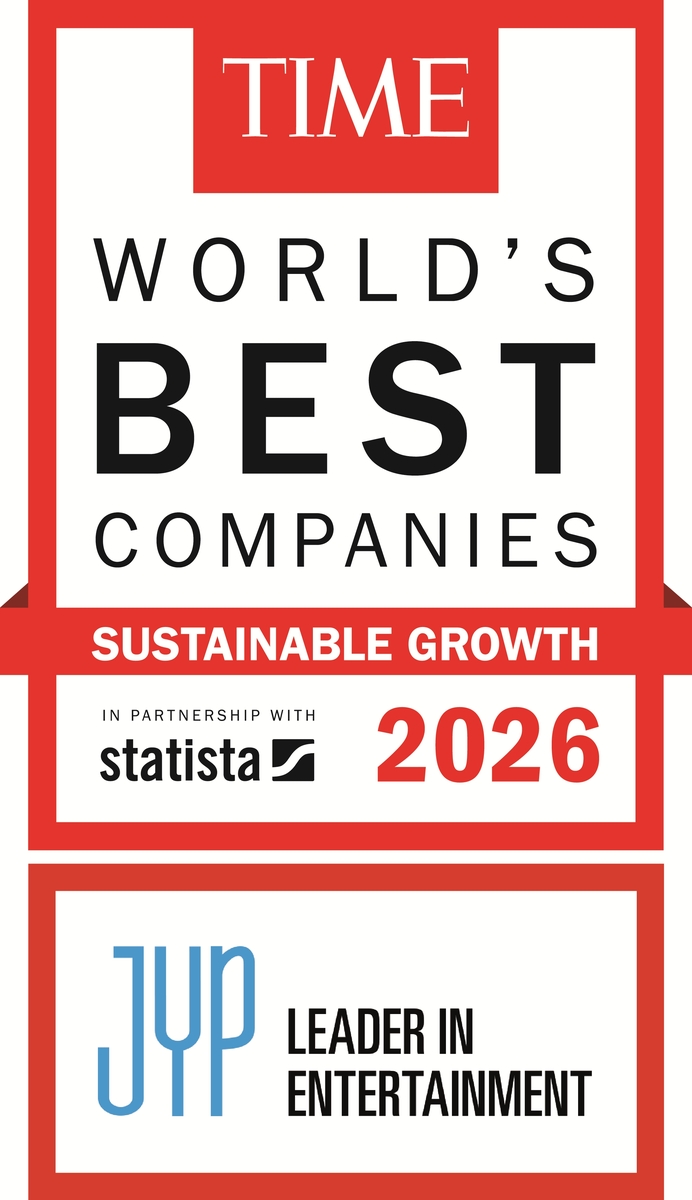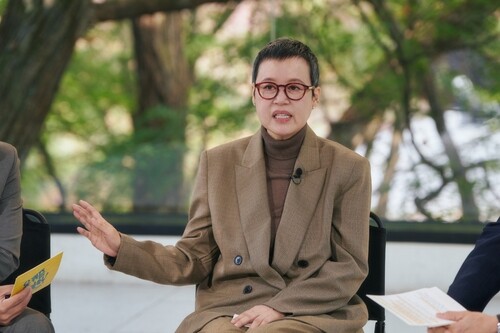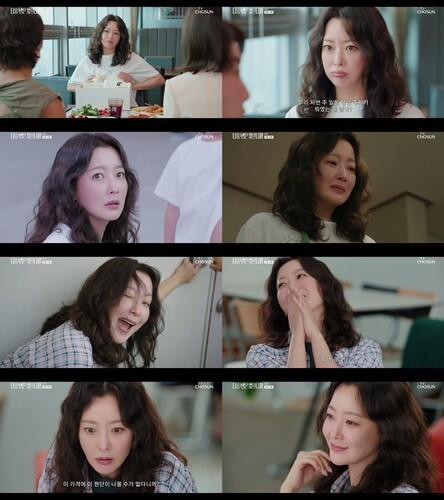dailies-editorials (2)
(EDITORIAL from Korea Times on Oct. 27)
Ruling camp's reform
Yoon should change first and focus on people's livelihoods
Since some time ago, a new pattern has emerged in Korea's party politics.
Whenever a party loses a key election, major officeholders resign and set up a "reform committee." They usually usher in an outsider as the organization's interim leader and make cosmetic changes.
However, it is a way of avoiding the responsibility on the part of officials who hold real power — the party chairman or the president in the case of the governing party. That's what the ruling People Power Party (PPP) is doing now.
The catalyst was a by-election two weeks ago to select the mayor of a Seoul district.
A vote to pick a county or borough chief could, and should, have ended as a small event. However, the ruling camp unnecessarily escalated the significance of the vote as a referendum on the Yoon Suk Yeol government and suffered a stunning defeat. The PPP, of course, did not want to do so. The president, unduly confident of his vote-gathering ability, overdid it and invited disaster.
The anecdote shows how Yoon, while pretending to stay above partisan politics, tightly governs the ruling party. To be sure, the incumbent is not the first one to do so. Unlike his predecessors, however, Yoon is a political novice and stubborn, raising the possibility of a one-man rule. He must change. Even some U.S. political analysts have reportedly begun to notice how democracy is regressing in Korea.
To the relief of many Koreans, the president seems to be changing. He has no other option. The ratio of votes supporting the conservative and progressive candidates in the by-election stood at 3.5 to 6, showing how the public feels about the Yoon administration. However, people do not appear to be pinning too much hope on the chief executive's inclination or capability to pursue sweeping changes. Voters believe all this is a strategic shift for a far more important political event — next April's parliamentary elections.
Only a month ago, for instance, the chief executive emphasized the need for a strong ideology and the struggle to achieve that. Since the election defeat, Yoon has called for his aides and cabinet ministers to care more about the public's livelihood through effective communication. However, that was only in words. For example, Ministry of National Defense officials are still trying to remove the bust of a legendary anti-Japanese fighter from the Korean Military Academy's compound, citing ideological reasons. That has nothing to do with the people's daily lives. Moreover, most Koreans oppose it.
Yoon's supporters and other rightwingers have one common misperception: The president is trying to do the right thing but through the wrong method.
Nothing could be further from the truth. Take Yoon's foreign policy. Some Koreans feel the trilateral alliance with the U.S. and Japan has enhanced national security. However, a similar number of Koreans feel uneasy because of escalating tensions. They think a small country's "value diplomacy" will only make it a sidekick and take the brunt of possible conflicts later. It is foolish to pursue strategic diplomacy by showing off your cards in advance, And for Washington, Seoul is a subordinate variable to Tokyo.
The same thing is happening with the economy. Yoon's tax cuts for big businesses and wealthy individuals and his fiscal stringency during a slump only make the rich richer and the poor poorer. His conservative, small-government ideology is outdated and ill-timed. Yoon shifted his diplomatic and economic policy stances without consulting with experts outside of his small talent pool, let alone his political opponents.
Against this backdrop, the PPP named Ihn Yo-han (John. A. Linton), a physician and naturalized Korean, as the head of its reform panel. Ihn, a fourth-generation grandson of the American missionary Eugene Bell (1868-1925), is a conservative born in the progressive Jeolla province, like a Trumpian in a blue state. It will help the ruling camp overcome regional disadvantage. "I will change everything," Ihn said. "Don't I look different?"
We hope the difference will not end only in appearance. Already, the PPP set up two special committees for nominating candidates and recruiting talents, raising concerns that Ihn could face setbacks in carrying out his job.
Ihn also said he will talk with the president without restraint "if provided with such opportunities."
The president must change. Or his party will experience what its name suggests — people power — six months from now.
(END)
(C) Yonhap News Agency. All Rights Reserved








